大口の 真神の原に 降る雪は いたくな降りそ 家もあらなくに
Ookuchino makaminoharani furuyukiwa itakunafuriso iemoaranakuni
Houseless in a field of big-mouthed wolves, let it not snow
舎人娘子の雪の歌です。真神は狼のこと。狼は口が大きいので「大口の」という枕詞が付いたのでしょう。真神の原に降る雪よ、そんなにひどく降らないでほしい、家もないのだから、という歌。通い婚で来ていた彼氏が夜明け前に帰宅する時に雪が降りだし、オオカミが出没し、人家も少ない物騒な真神の原を通って帰る彼氏を心配して詠んだ歌かもしれない。真神の原はどのあたりにあったのでしょう。現在の明日香村には真神原という地名は残されていませんが、今の飛鳥寺付近、蘇我入鹿の首塚あたりと推定されています。明日香村の人たちに、天武・持統合葬陵近くの道を夜に歩くと、暗くてオオカミが出そうで怖いよ、と語る人も多くいました。もうニホンオオカミは絶滅しましたね。
This is a poem about the snow written by Toneri-no-Otome. The word “makami” means “wolf,” while the word “okuchi” was probably added on because wolves have big mouths. The author is saying: “I hope it doesn’t snow too much in the wolf field, because there aren’t any houses out there to take shelter in.”
The poem was written out of concern for her husband, who lived far away but was coming home for a visit before dawn and would have to pass through a dangerous, deserted field filled with wolves and heavy snow.
Now then, where exactly was this field of wolves? The location name “Makamihara” is not found in present-day Asuka Village. That will hereby be known as Makamihara,” so it’s thought that this area corresponds to what currently houses the Mound of Soga-no-Iruka’s Head near Asuka-dera Temple. Lots of people from Asuka Village say that it’s scary to walk along the road near the burial mounds of Emperor Tenmu and Empress Jito because it’s so dark and wolves might come out…but Japanese wolves have already gone extinct.

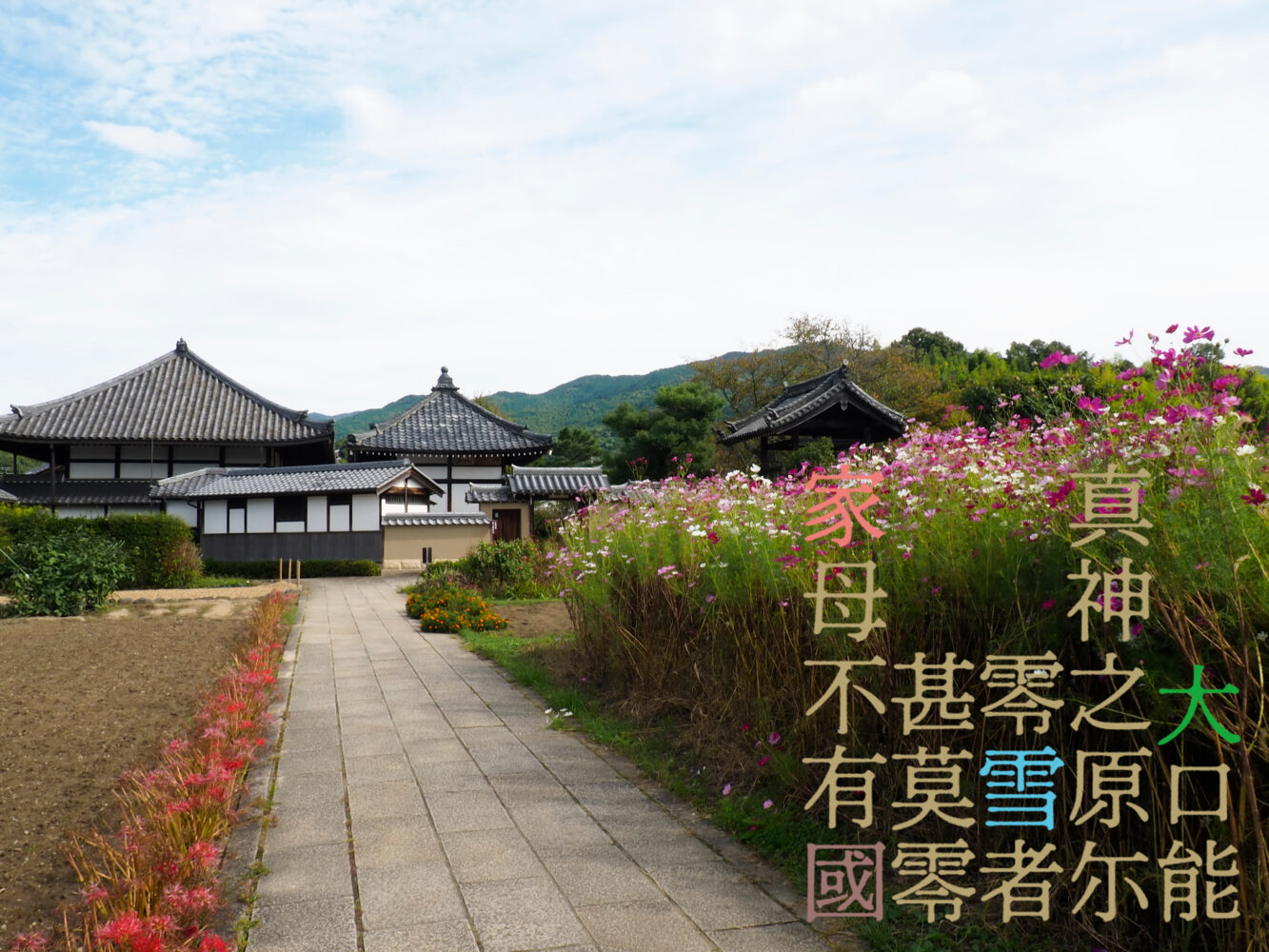
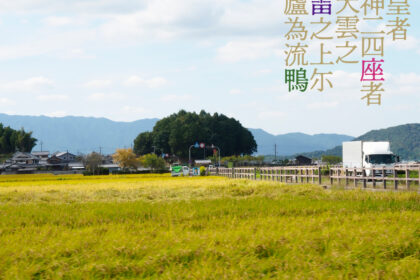
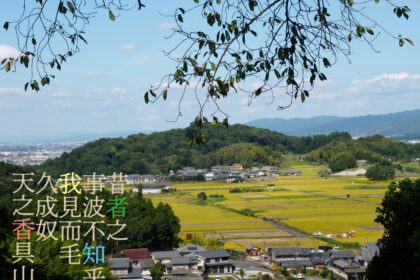
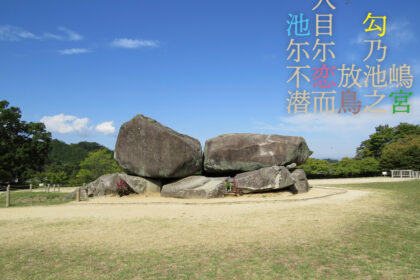
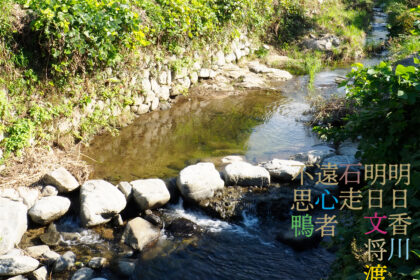
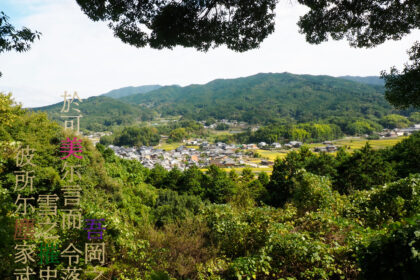
コメントを残す